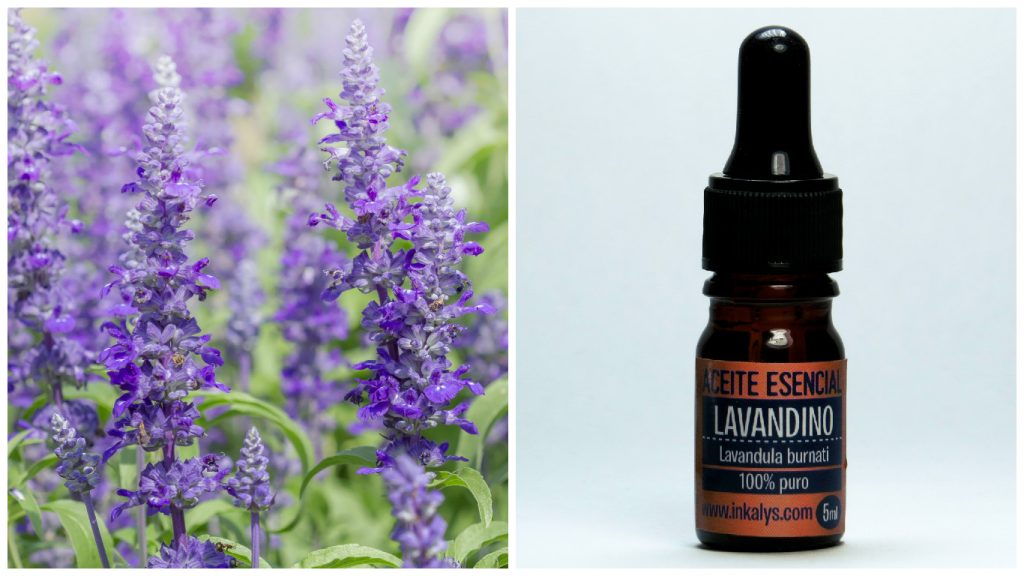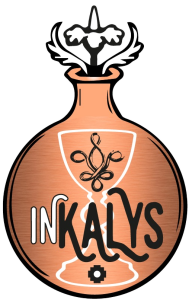
Lavendin
Lavandin shares its origins with Lavender: it is the result of hybridization of Royal Lavender and wild Lavender. This hybridization was done via bee cross pollination. Lavandin shares the same muscle relaxant and skin-regenerating characteristics of “aspic” Lavender and the anti-inflammatory and antispasmodic qualities of Fine Lavender. Its essential oil yield is higher than that of Fine Lavender, which explains its lower cost.
- Calmative
- Sedative
- Muscle relaxant
- Hypotensive
- Anti-inflammatory
- Wound healing
- Fights against infectious skin diseases
- Cramps
- Painful menstruation
- Colic
- Hypertension
- Arrhythmia
- Cephalitis
- Sleep disturbances
- Wounds
- Burns
- Dermatitis
Cleanses and soothes the solar plexus chakra, helps to open the heart chakra and enhances internal peace and tranquility. It has a beneficial effect on the opening of the crown chakra.
Generally well tolerated. Some people may have an allergic reaction; test a small amount on the fold of your elbow before starting to use it.
Information
-
Common name :
Lavendin
-
Latin name:
Lavandula burnati
-
Distilled part:
Flowers
-
Method of extraction:
Steam distillation
-
Origin:
France - Certified organic
-
Main chemical components:
Monoterpene alcohols (linalol 35%), Esters (linalyl acetate 35%), Ketones (camphor 5%)
-
Available sizes:
5ml - 10ml - 30ml - 50ml - 100ml
Any questions about this product?

